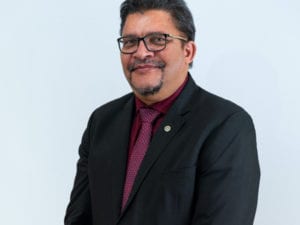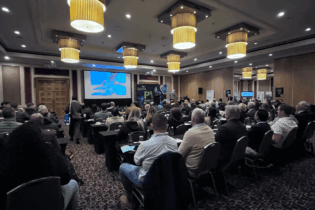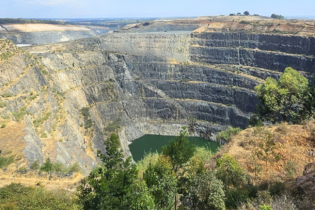The absence of technical expertise in the procurement of infrastructure is starting to have an increasingly adverse effect on the quality and sustainability of our country’s infrastructure.
Consulting Engineers South Africa (CESA), representing over 580 South African Consulting Engineering Firms employing in excess of 21 000 people, believes that we need to be building quality and sustainable infrastructure that stands the test of time keeping the health and safety of the population as the critical success factor and not placing them at risk. Over the coming months CESA is embarking on a campaign aimed at bringing stakeholders in the Infrastructure Development arena together to deliberate and come up with sustainable solutions to the challenges that our country currently faces. Part of this campaign includes a series of Webinars, the first of which is happening on the 14 October entitled, ‘Why has Government chosen Infrastructure Development as a key driver for economic growth and what needs to happen to make this a reality?’. “If you are not using the correct design principles and you are not making use of Consulting Engineers to get you the most optimal and innovative design at the most cost-effective price for your project you are essentially trading with the lives and livelihoods of our population”, states CESA CEO Chris Campbell. “Government appears to only be focusing on the creation of jobs through their infrastructure development goals as a means for economic growth and they are not focusing on the bigger picture”, continues Campbell. The creation of these jobs will be temporary during the construction phase but the key issue is to promote better accessibility and transport services and systems for the movement of goods and people which contribute to economic growth which then grows the economy in respect of trade and tourism etc., for more sustainable long-term job creation. Campbell says that our two larger infrastructure custodians, namely SANRAL and ESKOM are no way near in the position to support the scale of projects required to kickstart the economic growth trajectory. “If we are to pursue Government’s proposed infrastructure programme the frequent power outages are impacting the ability of the materials suppliers for project execution”. The lack of adequate transport corridors allowing for the effective movement of goods is another issue that will hamper the growth of our economy. We are aspiring to these Big-Build Shovel Ready projects but fundamentally we are nowhere near in a position to effectively execute them states Campbell.The question is how do we fix the likes of Eskom? We need strategic partners within the industry to provide the technical capability and capacity lacking in these institutions. The Consulting Engineering fraternity has the capacity and the skills to support Government in achieving its goals to supplement their own shortage of technical people.
Many Government Entities are prevented from utilizing the services of ‘consultants’ but the argument for not using consulting engineering companies is very flawed. Campbell states, “It is only expensive to use consultants if you have that specific competency within your organisation, but if not, you need to use external sources to complement and fill the gaps that you have because the decisions that are being required to be made have a huge immediate cost impact but have even bigger cost impact on our economy”. What is even more disheartening in our SIDS process is the lack of disclosure even at a high level without compromising the fair procurement processes. Campbell asks, “Government where is your programme over the next 5 years even at a high level that illustrates that this is real that people can expect some progress and we can hold you to account if they are not being met?” He states that the SIDSA process and its programme seems to be veiled in secrecy. We are not looking for specific project details to be revealed. What we are asking for is after the Stage 1 announcement what is the next step – what are we hoping to achieve in the next 5 years at a high level so that industry and business can know how to gear up, or even are we going to be able to stay in business, will we have an industry? Is this process possibly going to take too long to unfold that by the time we want to start breaking ground we have no more construction companies left with the capacity for such big-build projects. During the current Pandemic, the constant message we have received from our President’s office is that of ‘Protecting Lives and Livelihoods’. We want to extend this adage to issues of health and safety in relation to adequately designed and constructed infrastructure in our new-build processes and in the timely maintenance of existing infrastructure. Likewise, ongoing and timely build and maintenance programmes also serve to preserve jobs and the livelihoods of the many families that depend on sustainable infrastructure for ensuring a growing and healthy economy.






